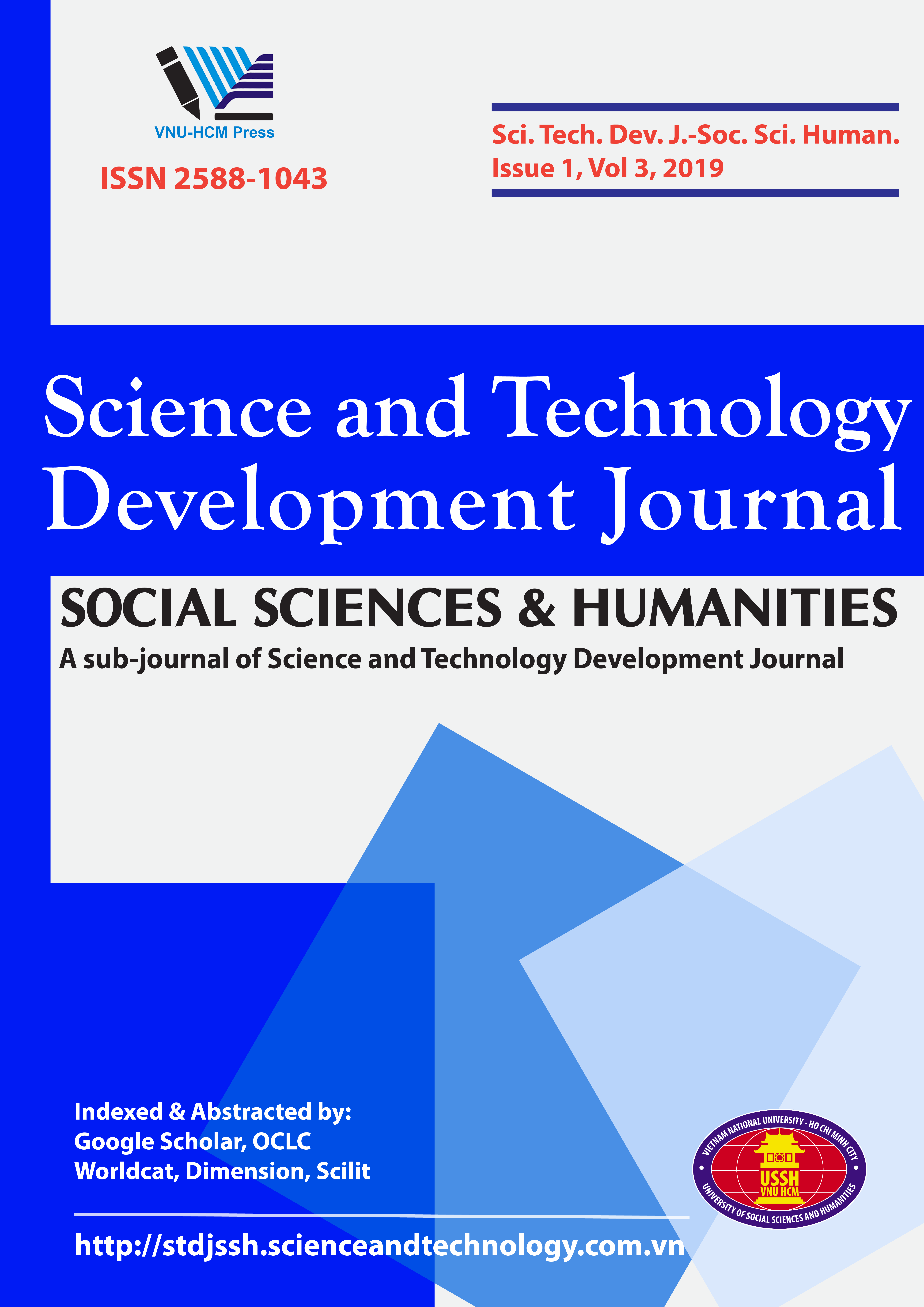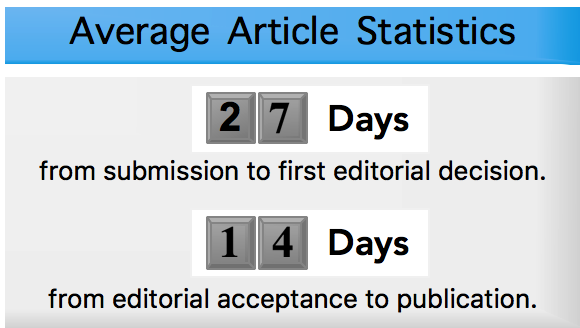Downloads
Abstract
President M. Richard Nixon took office in the context that the United States was being crisis and deeply divided by the Vietnam war. Ending the war became the new administration's top priority. The top priority of the new government was to get the American out of the war. But if the American got out of the war and the Republic of Vietnam (RVN) fell, the honor and and prestige of the U.S will be effected. Nixon government wanted to conclude American involvement honorably. It means that the U.S forces could be returned to the U.S, but still maintaining the RVN government in South Vietnam. To accomplish this goal, Nixon government implemented linkage diplomacy, negotiated with the Democratic Republic of Vietnam (DRV) in Paris and implemented "Vietnamization" strategy. The aim of the Vietnamization was to train and provide equipments for the RVN's military forces that gradually replace the U.S. troops, take responsibility in self-guarantee for their own security. By analyzing the military cooperation between the United States and the RVN in the implementation of "Vietnamization", the paper aims to clarify the nature of the "allied relationship" between the U.S and the RVN. It also proves that the goal of Nixon's Vietnamization was not to help the RVN "reach to a strong government with a wealthy economy, a powerful internal security and military forces", served the policy of withdrawing American troops from the war that the U.S could not win militarily, solving internal problems but still preserving the honor of the United States.
Issue: Vol 4 No 4 (2020)
Page No.: 751-759
Published: Feb 23, 2021
Section: Research Article - Social Sciences
DOI: https://doi.org/10.32508/stdjssh.v4i4.633
Download PDF = 361 times
Total = 361 times

 Open Access
Open Access 








